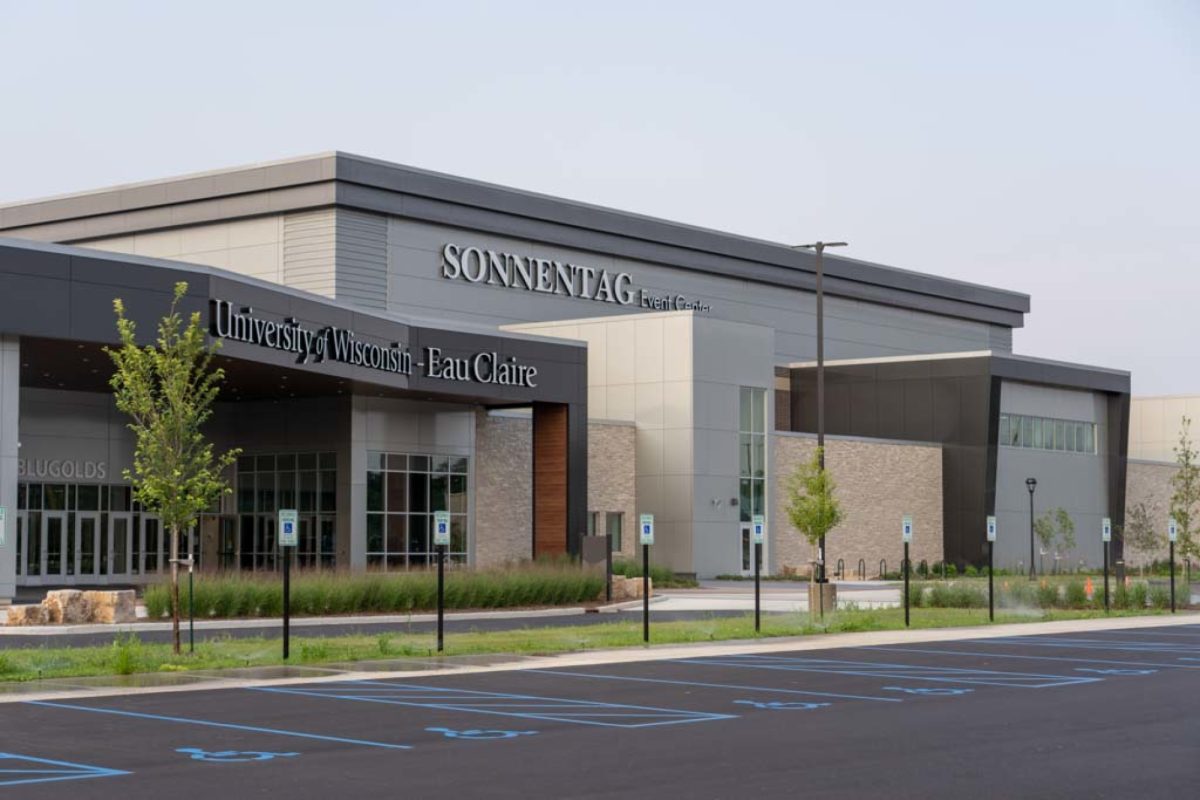The Student Senate passed five pieces of legislation on Nov. 26 with little discussion and minor amendments. At the Nov. 19 meeting, the Monday before Thanksgiving, Senate also passed a bill establishing the mobile printing kiosk pilot program and a resolution concerning the Confluence Project.
The bills voted on included: two special allocation requests, a shifting of funds to the account where special allocations are taken, support of the proposed Student Technology Fee budget ranges and also a bill amending commission bylaws.
Overall, the special allocation requests — which come out of the special reserve account —totals to $40,363.40.
The resolution from last week was a non-binding pledge of $50,000 in support of the Confluence Project, although the resolution does not set up a definite donation to the project yet.
The funding shift from the carryover account to the special reserve equals $37,863.40. These funds were shifted specifically to cover one of the special allocation requests. This request was the largest this session has seen.
The costs for the pilot program are $8,883.92. This covers the cost of the program software and additional printers.
Special allocation requests
Two special allocation requests were passed by voice vote on Monday.
The larger allocation request was from student athletics, requesting over $37,000 for increasing transportation costs.
The bill stated that athletics is running a significant deficit added partly because of these “unforeseen costs in transportation.”
Finance Director Bryan Larson said there is a new state law that no longer allows the university to have its own fleet of buses, which athletics has used in previous years, and is now required to contract with a transportation agency.
The contract with a company called Kobussen has increased the cost by more than $33,000 and the agency also has a surcharge of 10 cents per mile, which has also increased the costs by more than $4,700.
“A special allocation … is usually sub-$5,000,” Larson said. “Every once in a while when you’re dealing with a budget as large as athletics, when they have a big change … the amount they need to be allocated to them is a lot larger than would be typical.”
The bill urged not only athletics, but every organization on campus to “utilize as much foresight as possible in future budgeting” since the carryover account is a lot smaller than in previous years.
“In the past it’s been a lot more feasible to approve and allocate such large amounts,” Larson said. “In the future … the ability to finance such large expenditures probably isn’t going to be there.”
Larson said the carryover account used to be around $1 million, but in the past couple of years Senate has been working to spend that large amount down.
He added that a carryover does not need to be that high since the money is just sitting there and not being used for student purposes.
This large special allocation will not limit the most other special allocation requests that may come forward for the rest of the year,” Larson said.
“We still have the ability to finance smaller allocations,” he said, adding that only the larger requests would be limited.
Larson said student segregated fees are a primary source of funding for athletics.
The last special allocation request was for $2,500 from Women’s Rugby. The money would be used to buy a new scrum machine.
Resolution supporting Confluence Project
The resolution from Nov. 19 was introduced and passed by placard vote, with none opposed.
Its intention was to show preliminary support to the Confluence Project, which is still too early in the development stage to solidly commit the monetary pledge, Chief of Staff Tyrel Zich said.
“The Confluence Project is very much theoretical right now,” Zich said. “So we didn’t want to lock in support.”
Zich, one of the authors of the bill, said the resolution shows Senate is willing to make a contribution when the project does finally move forward.
Right now, he said, support from other governing bodies such as Eau Claire City Council and the state government is still up in the air, so Senate did not want to lock in support until everything was fully worked out.
There was a presentation updating Senate on the project near the end of the meeting given by Assistant Chancellor for Facilities Mike Rindo and Executive Director of Development Kimera Way.
“What your investment will do is give us significant leverage to talk to our community partners and ask them for their support as well,” Way said during the presentation.
Other bills
The shifting of money from the carryover account to the special reserve is intended to cover the cost of the large special allocation from athletics.
During discussion of this bill, Senator Cora Fox said this was a necessary bill to support athletics, and that since they already do a lot of fundraising, there was no other way for the group to get this money.
“If we are going to support athletics, it’s a necessary thing,” Fox said.
The funding shift was passed by voice vote.
The bill of proposed amendments to the student service commission bylaws stated the reason for the changes is: “the current Bylaws are not fully reflective of the purpose of the Commission.”
The purpose, under the current bylaws, focus on concerns with the services to students provided by Student Senate and the university, the bill stated. The bill was passed by voice vote.
The final piece of legislation that was passed, also by voice vote, was to designate Senate support of next year’s Student Technology Fee budget ranges.
The bill stated that this fee is equal to two percent of the previous year’s tuition costs.
Another bill that was passed at the Nov. 19 meeting established the mobile printing pilot program, set for next spring.
This program allows students to print documents from a laptop or personal device. These kiosks will be located at four different locations on campus, including the Davies Student Center, Towers Hall, the McIntyre Library and Haas Fine Arts Center.
Senator Christian Paese said during discussion of the bill that the program is a response to the student technology survey taken earlier in the semester by students, and many respondents said they would like to see a program similar to this on campus.
At their next meetinh, the Senate will vote on a bill dealing with proposed changes to the bylaws of the Public Relations
Commission.







